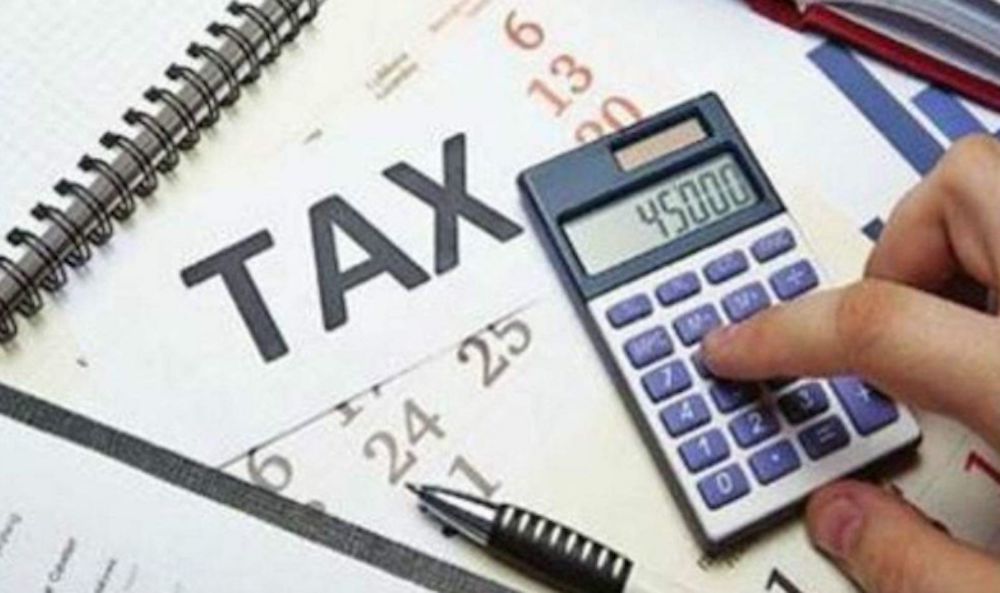LI Network
Published on: 26 July 2023 at 10:57 IST
Section 87A of the Income Tax Act, 1961 provides a tax rebate for individuals with a taxable income below Rs 5 lakh in FY 2022-23 (AY 2023-24). The maximum amount of tax rebate available is Rs 12,500, applicable to both the old and new tax regimes. However, not all incomes are eligible for this tax rebate.
Incomes that do not qualify for the tax rebate under section 87A.
- Long-term Capital Gains from Equity Shares and Equity Mutual Funds: If an individual’s total income includes Long-term Capital Gain (LTCG) under section 112A from the sale of listed equity shares or equity mutual funds, they cannot claim the rebate under Section 87A on the tax payable arising from such LTCG. Section 112A imposes a 10% tax on LTCG exceeding Rs 1 lakh in a financial year, and the rebate under Section 87A cannot be applied to this tax amount.
For instance, if an individual’s net taxable salary is Rs 3.3 lakh a year, and LTCG from the sale of an equity mutual fund is Rs 1.10 lakh, they will be liable to pay tax at 10% on the LTCG amount of Rs 10,000, along with cess at 4%, totaling to INR 1,040.
Since the net taxable salary income is Rs 4,000 less than the Section 87A threshold, the entire tax on the salary income would be eligible for the rebate, and the individual would need to pay only the tax arising from the LTCG of Rs 1,040.
- Special Incomes: Certain incomes are subject to specific tax rates rather than the income tax slabs. Incomes such as winnings from gambling, virtual digital assets (VDA), online gaming, lotteries, game shows, or betting are not eligible for the tax rebate under Section 87A. These incomes are taxed at a flat rate of 30%, along with cess and surcharge if applicable.
Eligibility for Section 87A Tax Rebate:
To be eligible for the tax rebate under section 87A, an individual must fulfill the following criteria:
- Be an Indian resident individual.
- After claiming deductions such as sections 80C, 80D, etc., their total income should not exceed Rs 5 lakh in FY 2022-23.
It’s important to note that the tax rebate under Section 87A is available only to resident individuals.
Non-resident individuals (NRIs), not ordinarily resident individuals (NOR), and Hindu Undivided Families (HUF) are not eligible for this rebate.
How to Claim the 87A Tax Rebate:
To claim the tax rebate under Section 87A, an individual must file an income tax return (ITR). The rebate is not applied automatically and needs to be claimed during the ITR filing process. It’s mandatory to file an ITR if the total taxable income exceeds the basic exemption limit in a financial year or meets specific cases mentioned in Section 139 of the Income Tax Act.
For FY 2022-23 (AY 2023-24), the basic exemption limit depends on an individual’s age if they opt for the old tax regime. For individuals below 60 years, the limit is Rs 2.5 lakh, for those between 60 and 80 years, it’s Rs 3 lakh, and for individuals above 80 years, it’s Rs 5 lakh in a financial year.

